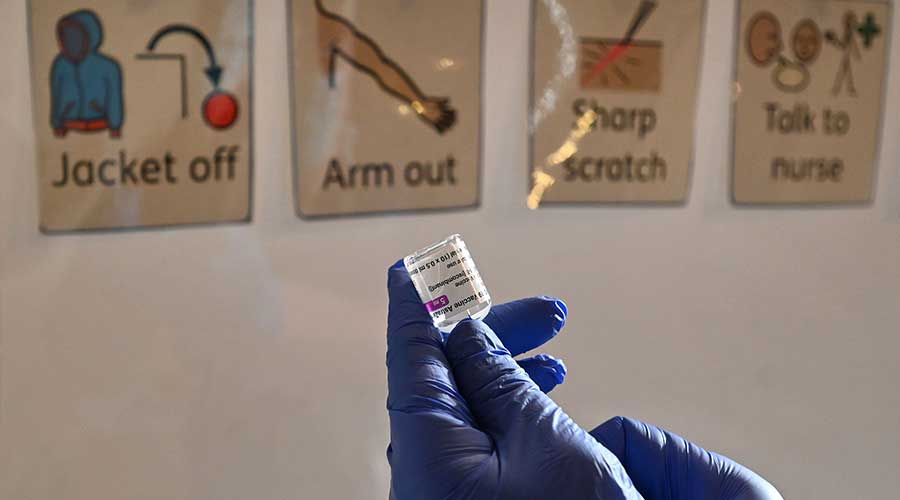The World Health Organization (WHO) on Tuesday announced that the AstraZeneca-Oxford COVID-19 vaccine made in two different countries is listed for emergency use, clearing the final hurdle for doses to be distributed by the COVAX program.
Tedros Adhanom Ghebreyesus, WHO Director-General said in a briefing, “We now have all the pieces in place for the rapid distribution of vaccines. But we still need to scale up production.”
He added, “We continue to call for COVID19 vaccine developers to submit their dossiers to WHO for review at the same time as they submit them to regulators in high-income countries.”
As per the World Health Organization’s statement, it had approved the vaccine produced by AstraZeneca-SKBio (Republic of Korea) and the Serum Institute of India.
“In the first half of 2021, it is hoped that more than 300 million doses of the vaccine will be made available to 145 countries through COVAX, pending supply and operational challenges”, the British drug maker said in a separate statement announcing the approval.
Moreover, WHO’s Emergency Use Listing (EUL) assesses the safety, efficacy, and quality of coronavirus vaccines and is prerequisite for COVAX Facility vaccine supply. It also allows countries to speed up their own regulatory approval so that coronavirus vaccines may be imported and administered.
The WHO’s review found that the Astrazeneca vaccine met the “must-have” criteria for safety, and its efficacy benefits outweighed its risks.
Meanwhile, Dr Mariângela Simão, WHO Assistant-Director General for Access to Medicines and Health Products said, “Countries with no access to vaccines to date will finally be able to start vaccinating their health workers and populations at risk, contributing to the COVAX Facility’s goal of equitable vaccine distribution.”
He added, “But we must keep up the pressure to meet the needs of priority populations everywhere and facilitate global access. To do that, we need two things – a scale-up of manufacturing capacity, and developers’ early submission of their vaccines for WHO review.”





















